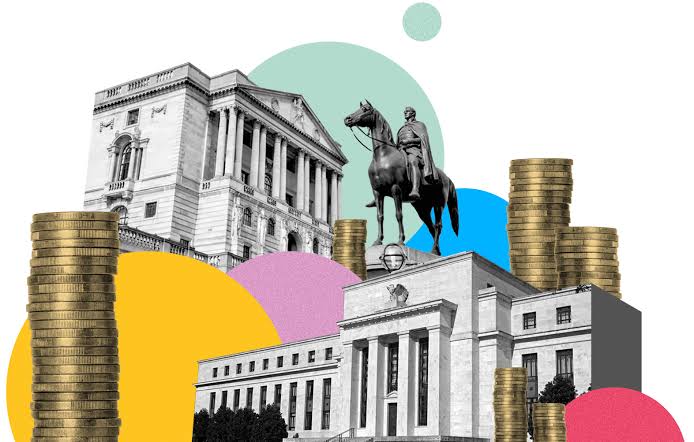
The History of Banking: From Ancient Civilizations to Modern Day
The history of banking can be traced back to ancient civilizations, where merchants and traders would deposit their goods and valuables in temples or palaces for safekeeping. These early institutions, known as “temple banks,” were the first forms of banking and served as a precursor to the modern banking system we have today.
The ancient Egyptians and Mesopotamians were among the first to use banking systems. The temples and palaces of these civilizations served as safe depositories for valuables, and the priests and rulers acted as the custodians of these deposits. They would also issue receipts, known as “tallies,” which could be used to withdraw the deposited goods at a later date.
The ancient Greeks and Romans also developed banking systems, with the Greeks establishing money-changing and banking institutions known as “agora”. The Romans, on the other hand, developed the concept of “trapezites,” which were banking tables that were used for money-changing and lending. The Romans also developed the concept of “fiduciary money,” which is money that is based on trust, and not backed by a physical commodity.
The Middle Ages saw the rise of the medieval fairs, where merchants from all over Europe would gather to trade goods. These fairs also served as an opportunity for merchants to deposit their valuables in the local monasteries or churches for safekeeping. The monasteries and churches also acted as bankers, issuing loans to merchants and charging interest on the loans.
The Renaissance period saw the rise of banking institutions in Italy, particularly in the city-states of Florence and Genoa. The Medici family, who were prominent merchants and bankers, established the first modern bank in Florence in 1397. They were able to provide loans to merchants, monarchs and popes, and also issue letters of credit, which were used for international trade.
The modern banking system, as we know it today, began to take shape during the 17th and 18th centuries. Banks such as the Bank of England and the Bank of France were established, and they were granted a monopoly on the issuance of bank notes. These bank notes were used as a form of currency and were backed by the gold or silver held by the bank.
The Industrial Revolution of the 19th century saw the rise of commercial banks, which were established to provide financing for the growing industrial sector. These banks were focused on providing loans to businesses and individuals, and they also played a key role in the development of the stock market.
The 20th century saw the rise of central banks, such as the Federal Reserve in the United States and the European Central Bank in Europe. These central banks were responsible for managing the money supply and controlling inflation. The Federal Reserve, for example, was established in 1913 to serve as the central bank of the United States and provide a stable and flexible monetary and financial system.
In recent years, technology has also played a significant role in the banking industry. The rise of digital banking and online banking has made banking more accessible and convenient for consumers. Mobile banking apps, online banking portals, and mobile payments have also become increasingly popular, making it easier for consumers to manage their finances on the go.
In conclusion, the history of banking has been shaped by the economic, political, and technological developments of different civilizations throughout history. From the early temple banks of ancient Egypt and Mesopotamia to the modern digital banking systems of today, banking has come a long way. Today, banking is not only a means of safekeeping valuables but has also become an essential tool for managing personal finances, facilitating trade and commerce, and helping to drive economic growth. As we move into the future, we can expect to see even more changes and innovations in the banking industry, as technology continues to evolve and shape the way we think about money and finance.
Join our list
Subscribe to our mailing list and get interesting stuff and updates to your email inbox.







Responses